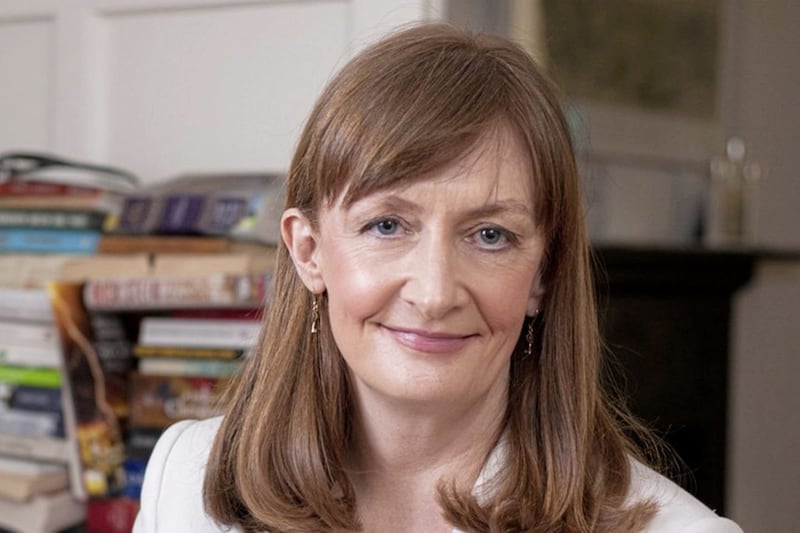Entertainment
RTÉ broadcaster Rachael English's new novel unravels secrets from mother and baby home
RTÉ Morning Ireland broadcaster Rachael English's latest novel offers an insight into Ireland’s dark past of mother and baby homes and forced adoption. She chats to Jenny Lee


